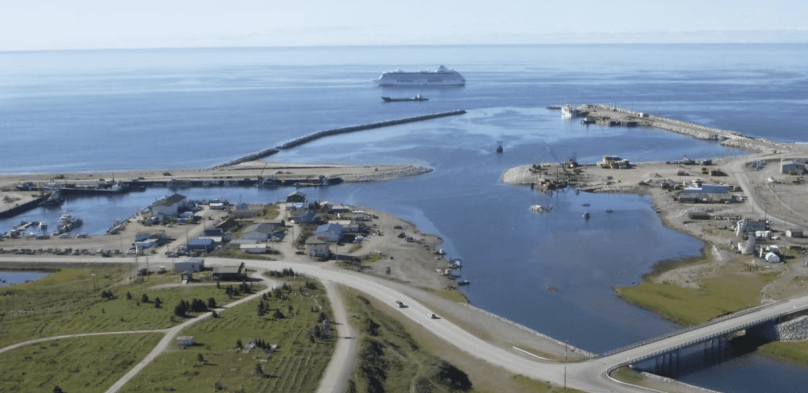Setback for U.S. Arctic Strategy as Nome Deepwater Port Project Hits Cost Barrier
The U.S. effort to expand Arctic capabilities faces a blow as the U.S. Army Corps of Engineers has canceled the solicitation for the Nome deepwater port project due to soaring costs. Originally set to begin construction in 2025, the project’s future is now uncertain.
A notice from the Army Corps confirmed that the solicitation was canceled because bids exceeded available funding and statutory procurement limits. The project had been heralded as a significant step toward bolstering U.S. presence in the Arctic, countering increased Russian and Chinese activity, and enabling military operations closer to the region.
The proposed $662 million port expansion—discussed for more than a decade—had secured federal and state funding earlier this year. Under a partnership agreement between the City of Nome and the Army Corps, the federal agency would cover 90% of the costs, with Nome funding the remaining 10%.
The urgency behind the project intensified earlier this month when Russian and Chinese vessels conducted their first joint patrol in the Arctic, passing near Nome. As Dr. Troy Bouffard, Director of the Center for Arctic Security and Resilience at the University of Alaska Fairbanks, explained: “Presence is the most important factor in addressing Arctic challenges, and a deepwater port in Nome is the best solution.”
The nearest U.S. maritime base, Dutch Harbor, sits 750 nautical miles south of Nome—a two-day sail. Without progress on the deepwater port, the U.S. sends “the wrong strategic message to Arctic competitors,” Bouffard emphasized.
The project was to unfold in three phases. Phase 1 planned for a 3,400-foot extension of the west causeway, with dredging for a deeper channel following in Phase 2. The final phase included demolishing and rebuilding the east causeway, deepening the port from 22 feet to 40 feet. Completion was targeted for 2030, with the expanded port accommodating large cruise ships, cargo vessels, and U.S. military vessels—except aircraft carriers.
However, cost overruns have derailed these plans. Although the Army Corps solicited bids in February 2024, no public updates were provided on the number or scope of proposals received. Spokesperson John Budnik confirmed that pricing came in “well above the statutory limit,” forcing the cancellation of the phase 1 solicitation.
While Budnik assured that efforts to move the project forward remain ongoing, it is unclear how timelines will shift or whether funding will be adjusted. The City of Nome declined to comment on the development.
The Nome port project is the latest Arctic initiative facing rising costs and delays. Similarly, the U.S. Coast Guard’s icebreaker program—essential for Arctic operations—has seen cost estimates balloon by 250% since its 2019 contract award. Construction of the first icebreaker is now expected to begin by the end of this year.
The cancellation of the Nome solicitation leaves U.S. policymakers grappling with how to advance Arctic capabilities amid mounting geopolitical competition and escalating costs.





Leave a Reply